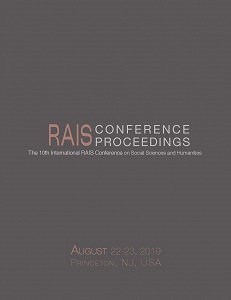The Falange Española: a Spanish Paradox
The Falange Española: a Spanish Paradox
Author(s): James Slaven
Subject(s): Military history
Published by: Scientia Moralitas Research Institute
Keywords: Spain; Fascism; Falange Española; Political Party; Civil War;
Summary/Abstract: "The Falange Española: a Spanish Paradox" discusses the Falange Española, a fascist political party in interwar Spain, and its power during various periods: before the Spanish Civil War and after the Spanish Civil War. First, the paper examines how the Falange Española remained a fringe movement during the time of the Second Republic, looking specifically at: the overcrowding of the political right, the lack of finances, the political mergers, etc. It then examines how the party rose to power following the outbreak of the Civil War in 1936 and the Decree of Unification in 1937, looking specifically at: membership statistics, military strength, Falangist legislation under the Franco regime, etc. The paper concludes that the party was simultaneously at the height of its power and yet the most distant from implementing its vision of a Falangist state.
Book: Proceedings of the 10th International RAIS Conference on Social Sciences and Humanities
- Page Range: 235-242
- Page Count: 8
- Publication Year: 2018
- Language: English
- Content File-PDF

